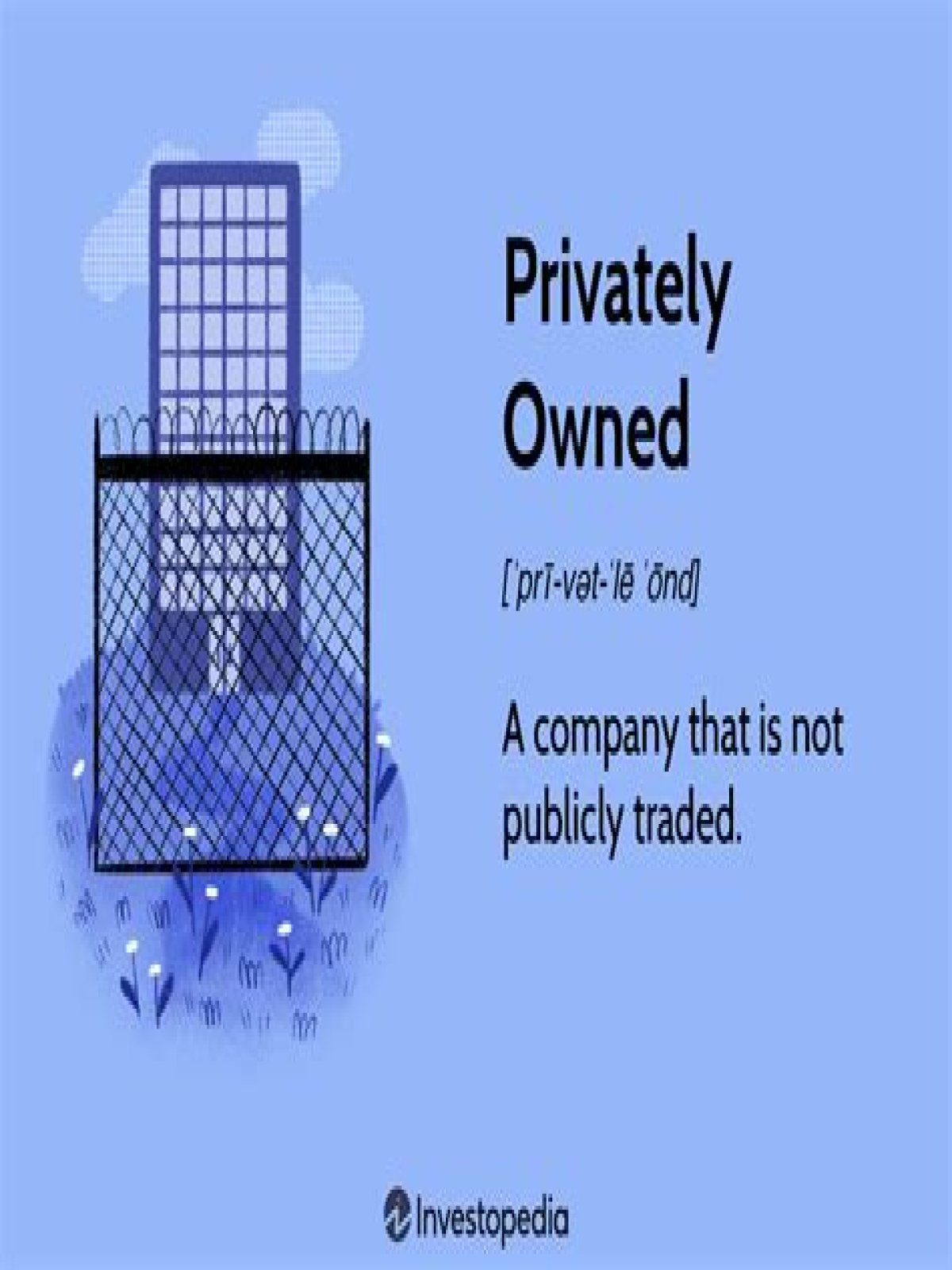Private companies may issue stock and have shareholders, but their shares do not trade on public exchanges and are not issued through an initial public offering (IPO). As a result, private firms do not need to meet the Securities and Exchange Commission’s (SEC) strict filing requirements for public companies.
- Can a private limited company sell shares on the stock exchange?
- How do you sell a stake in a private company?
- How do I sell my shares without a broker?
- Do profits represent ownership of shares of a company?
- Can a company sell its stock to private investors?
- Why do companies sell their shares to the public?
- Can a company employee sell a private share?
Can a private limited company sell shares on the stock exchange?
Can a private limited company trade their shares on the stock exchange? No, a private limited company cannot trade their shares on the stock exchange.
How do you own shares in a private company?
You can buy shares through a “private placement,” which requires some paperwork from both you and the seller. You can deal directly with a corporation or go through a broker that specializes in private placements. The seller must submit the SEC’s Form D before it can sell you the shares.
How do you sell a stake in a private company?
Below is a Step-by-Step Guide to explain the procedure to transfer shares in a Private Limited Company:
- Step 1: Review the Articles of Association. The Articles of Association or AOA of the Private Limited Company needs to be reviewed.
- Step 2: Give Notice.
- Step 3: Determine Pricing.
- Step 4: Transfer of Shares.
How do I sell my shares without a broker?
You could sell shares by Private Treaty, that is from one individual to another, avoiding any use of a broker. But the two parties (seller and buyer) would have to find each other. This may be possible for one or two different specific stocks but impossible for all of them.
What is the value of shares in private company?
Methods for valuing private companies could include valuation ratios, discounted cash flow (DCF) analysis, or internal rate of return (IRR). The most common method for valuing a private company is comparable company analysis, which compares the valuation ratios of the private company to a comparable public company.
Do profits represent ownership of shares of a company?
Profits represent ownership of shares of a company. Q. A dividend is a portion of the company’s profits paid to its shareholders. If a company fails, it is possible for stockholders to lose money in addition to the amount they invested.
Can a company sell its stock to private investors?
Selling stock to private investors can help them get the cash they need while still retaining control over who is allowed to become a company shareholder. Before company stock can be sold, the board of directors will need to approve the sale and the shareholders being sold to.
Who are the shareholders of a private company?
Private company stock includes shares issued by private companies to their employees or investors. For example, startups often use equity to compensate employees during the early stages when cash flow is limited. Public companies also use equity compensation programs.
Why do companies sell their shares to the public?
Some of the most common entities a company will sell shares of stock to are: There are a number of reasons why investors will buy shares of company stock, including: For some small businesses, selling to the general public is not always an option.
Can a company employee sell a private share?
If the company is public, it’s a simple process. An employee can sell the shares through a broker. Private shares cannot be sold as easily. Because they represent a stake in a company that is not listed on any exchange, the shareholder has to find a willing buyer. In addition, the company must approve the sale.
